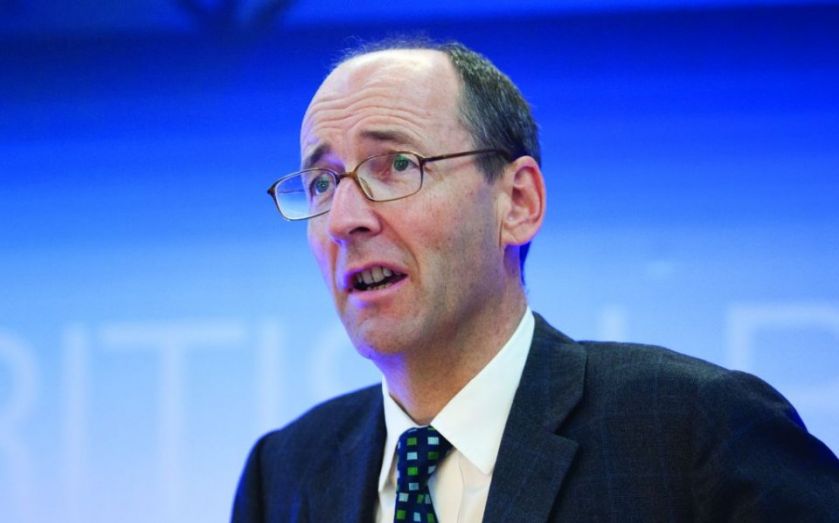| Updated:
Andrew Tyrie’s claim about banks’ back-door lobbying is holed

There are few things bankers dread more than being summoned for hours of intellectual flagellation by Andrew Tyrie, the relentless chairman of the Treasury Select Committee.
He has scored several notable victories, including a blueprint for regulators to hold reserve powers to break up major UK banks.
On his latest target – HSBC and the concerns of two of its European subsidiary’s non-executive directors over the Bank of England’s new Senior Managers Regime (SMR) – he is less sure-footed, however.
This week, Tyrie accused HSBC of “attempting to put pressure on regulators by the back door”, following a story I reported in October about Alan Thomson and John Trueman being on the verge of resigning.
The two men were anxious about the prudential regulation authority’s (PRA) reversal of the burden of proof for bank directors.
Since then, Thomson has indeed quit, citing his “overall burden of work”, in addition to “incremental concerns surrounding the application of the new SMR”.
Trueman, however, has not resigned, despite having told colleagues and regulators that he would not accept the new liabilities “even if that meant he would have to step down”.
Both men expressed their concerns at a July board meeting at which Andrew Bailey, chief executive of the PRA, and Clive Adamson, the soon-to-depart director of supervision at the Financial Conduct Authority, were present.
Nevertheless, there is a hole in Tyrie’s argument about backdoor lobbying: the source of the story was not an HSBC employee or adviser.
Regardless of that, the issue is a vital one for bank boards. Dozens of new directors will have to be recruited to comply with the governance implications of partial separation.
Remarks by the Bank of England governor, Mark Carney – amounting to an order to evacuate the kitchen if the temperature is too high – were inappropriately churlish.
As for Trueman, it seems that his decision to remain in place at HSBC largely relates to the media’s exposure of his deliberations.
That’s a strange reason not to resign. I doubt he'll remain in place for long.
LUND’S PACKAGE MIGHT HAUNT BG
BG might have access to all the natural gas it could want, but there is another commodity lacking in its boardroom: common sense.
The row about the pay deal awaiting new chief executive Helge Lund has been defused for now, but BG directors would be well-advised to examine research undertaken by Patterson Associates, the remuneration consultants.
Patterson measures the amount of shareholder value created for each pound paid to chief executives, and its analysis makes sobering reading for BG investors.
The data suggests that Lund will need to deliver total value added to shareholders of £16.6bn (or £388 per pound earned) over five years just to match the median performance for FTSE 100 bosses.
Between 2010 and this year, Lund’s predecessors’ comparable figure was £6.8bn. Those numbers might return to haunt Andrew Gould, BG’s bruised chairman.
EVERY LITTLE HELPS JONATHAN LLOYD
Positive publicity has been hard to come by for Tesco recently, but its decision to stop displaying tabloid newspaper front pages because of their sexualised content did generate some plaudits.
The barrage of bad news and boardroom ructions certainly proved too much for Jonathan Lloyd, who resigned as company secretary prior to Tesco’s accounting scandal emerging.
I understand he’s about to resurface at the FTSE-250 insurance broker Jardine Lloyd Thompson where his life will be decidedly quieter.
As for those irritating newspapers, Tesco’s idea could catch on. Some of its directors might want to go further and ban them altogether.
